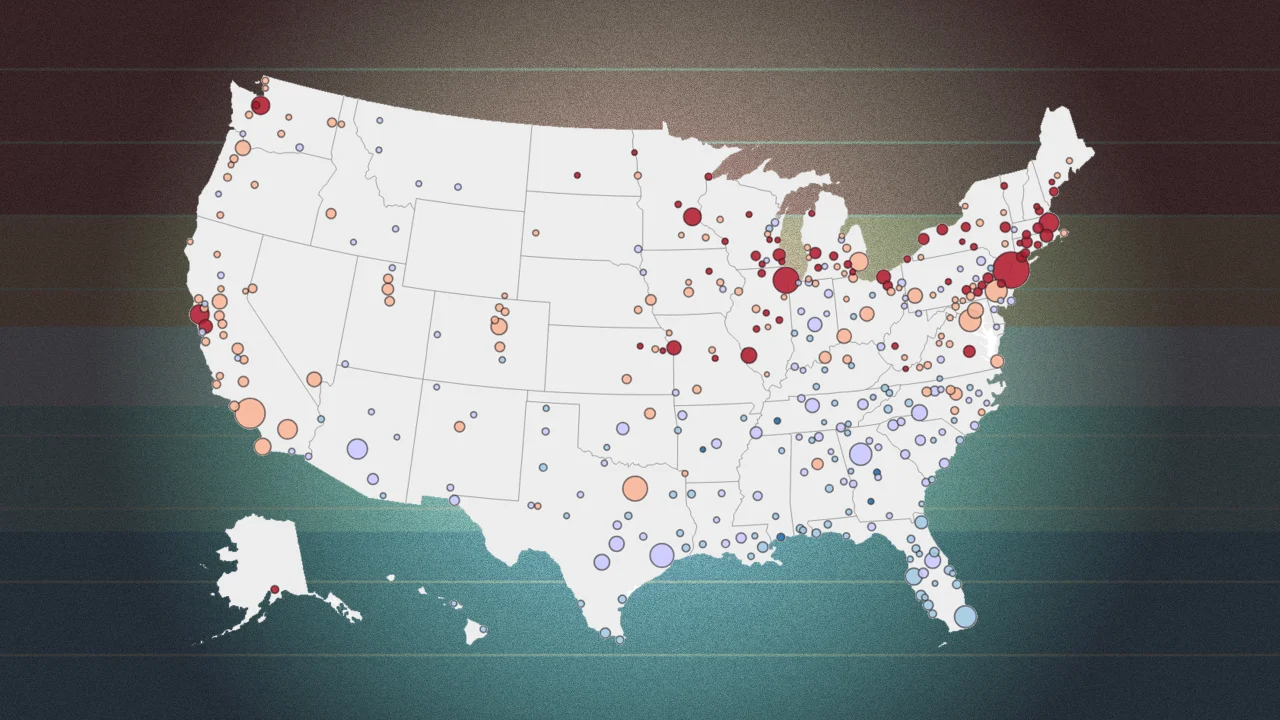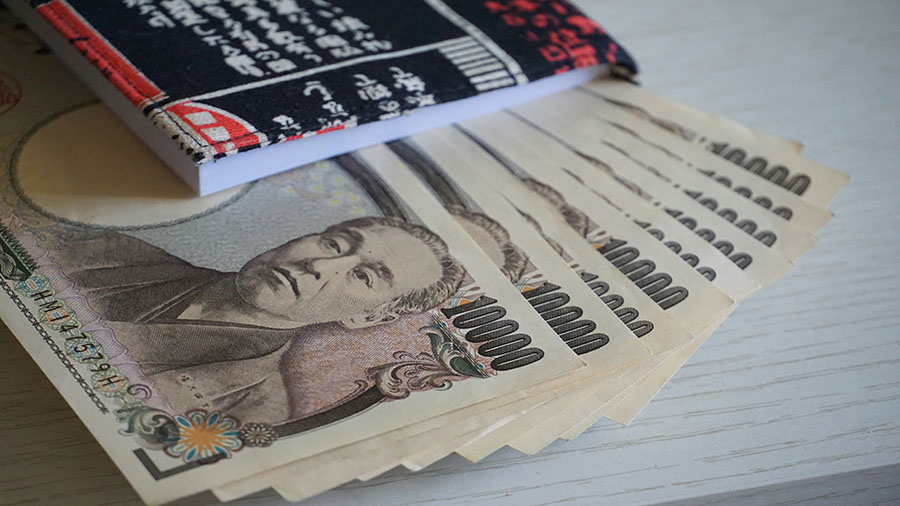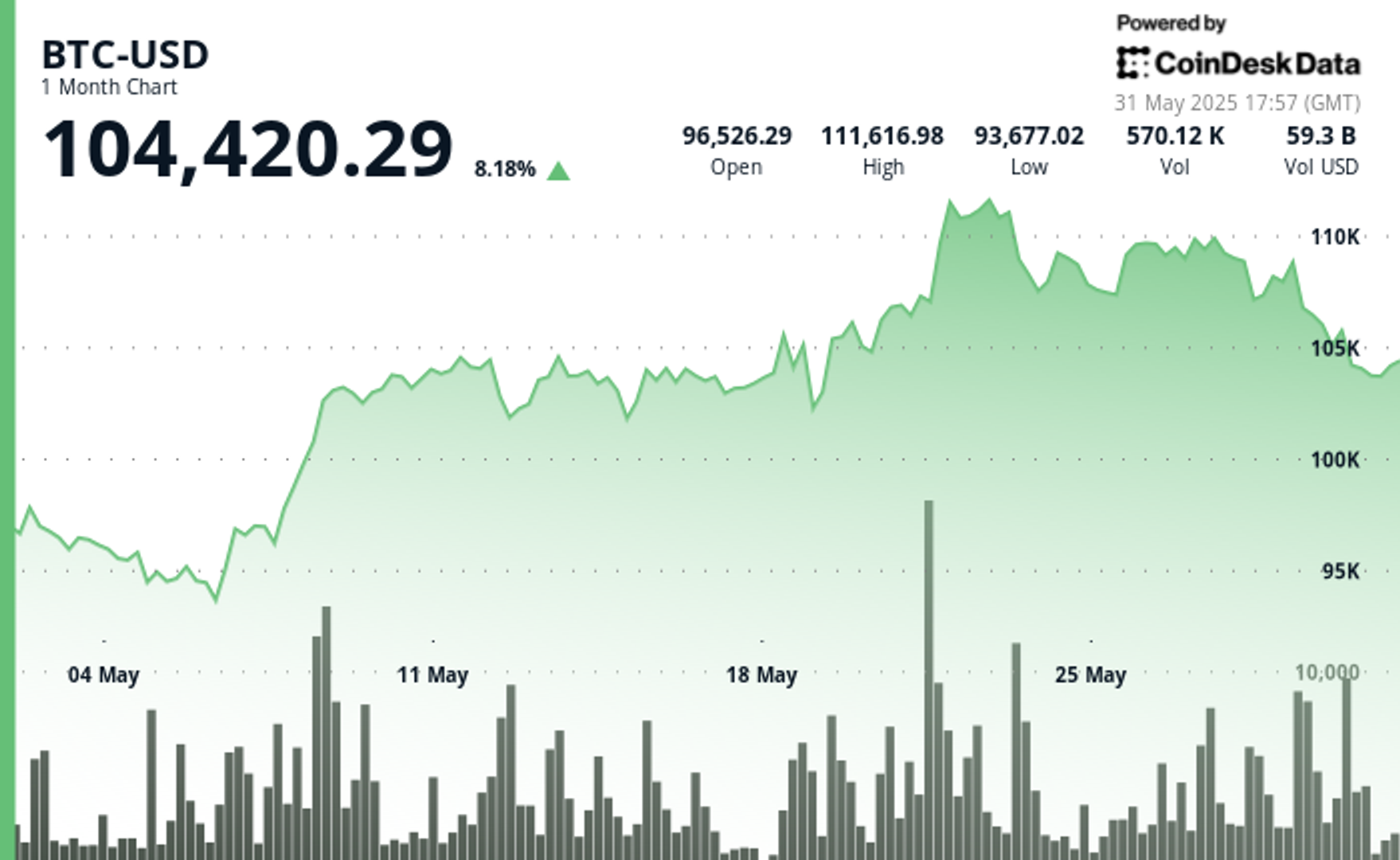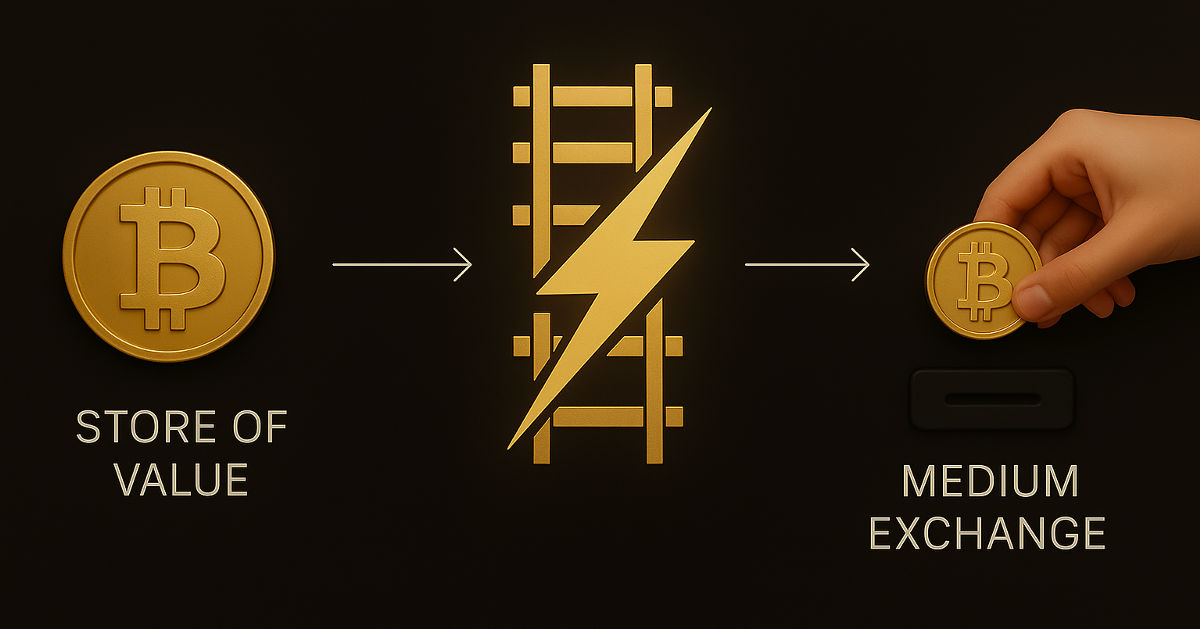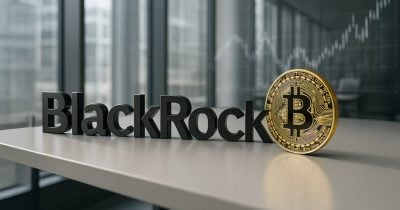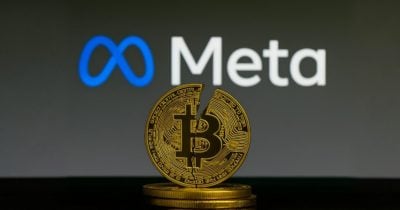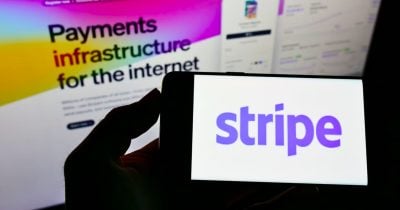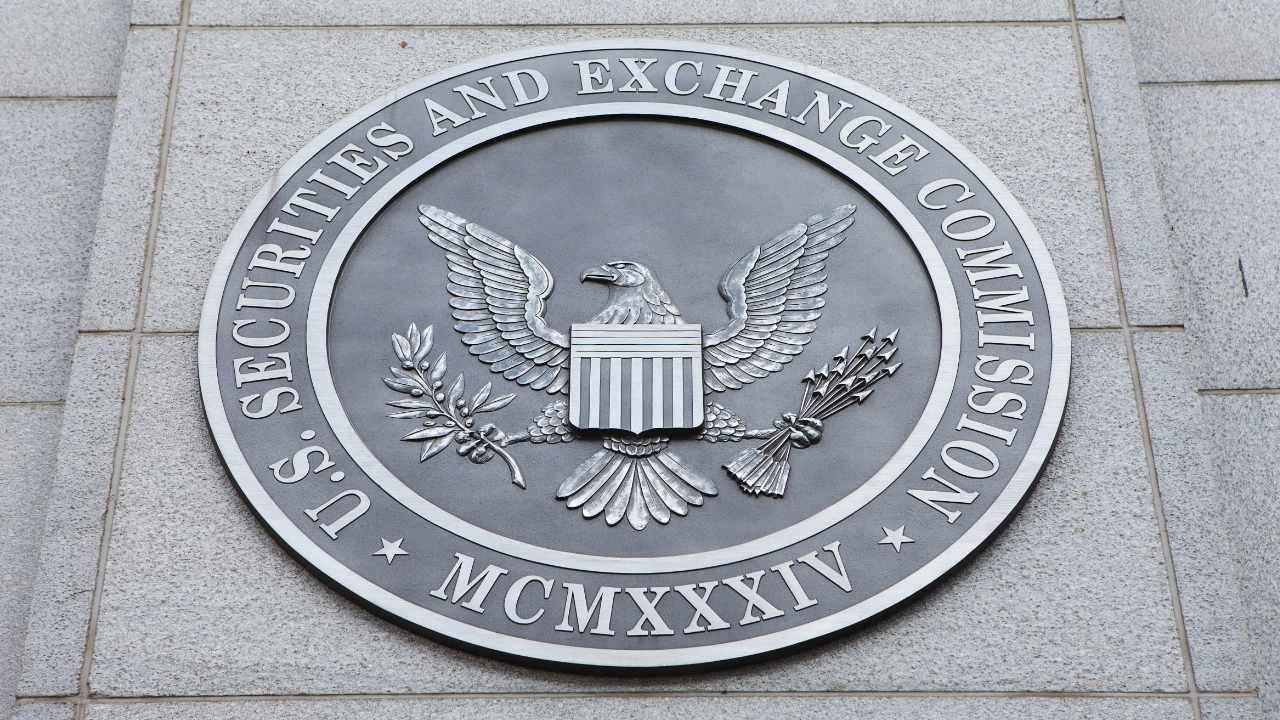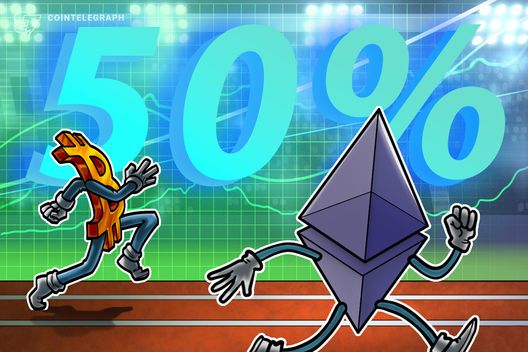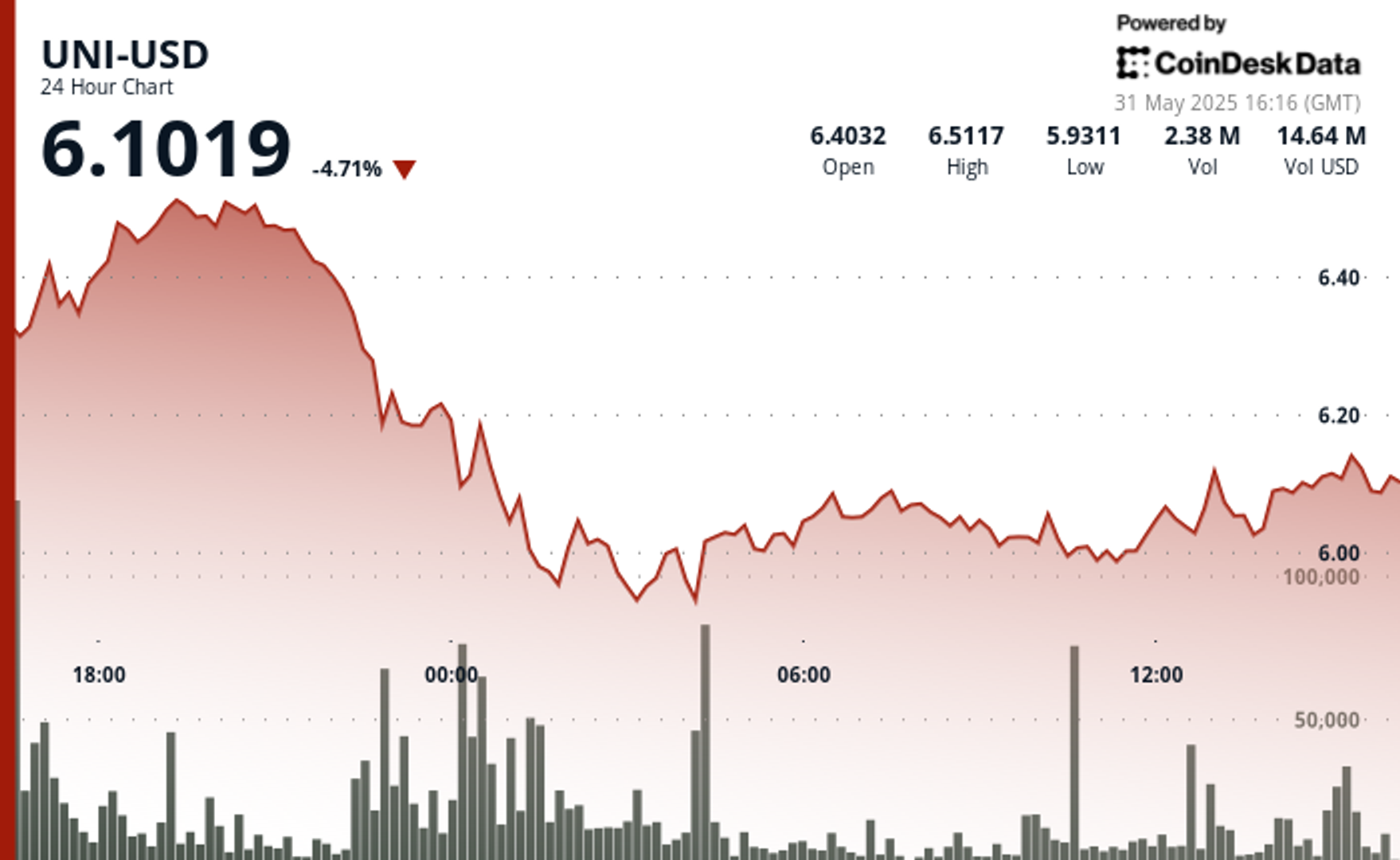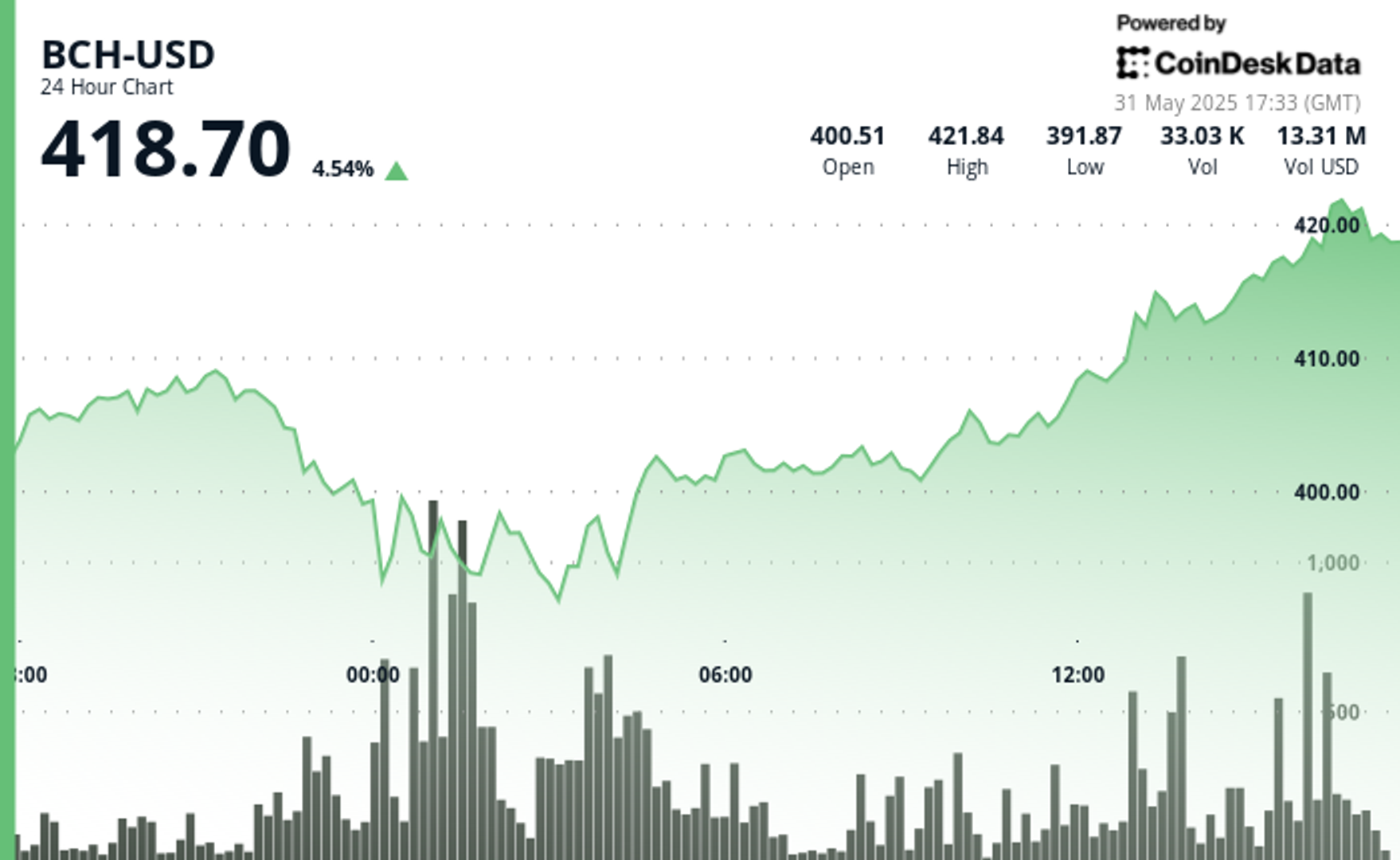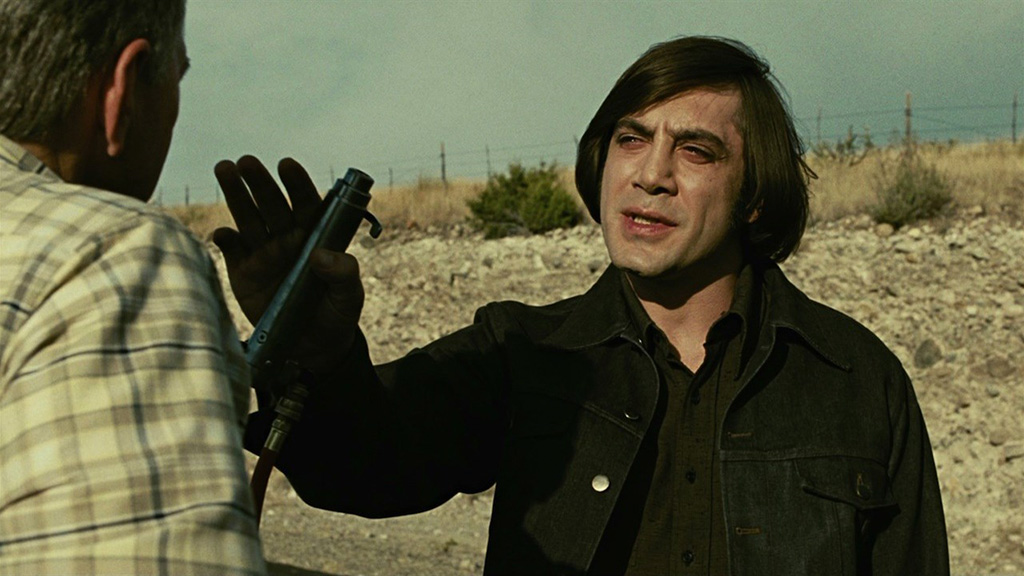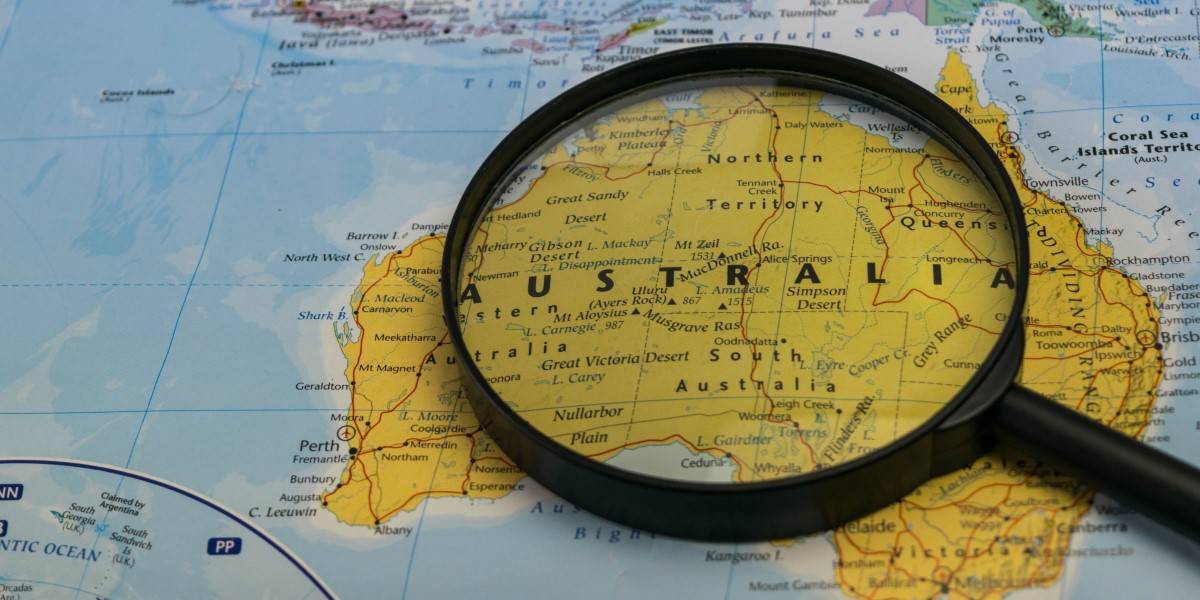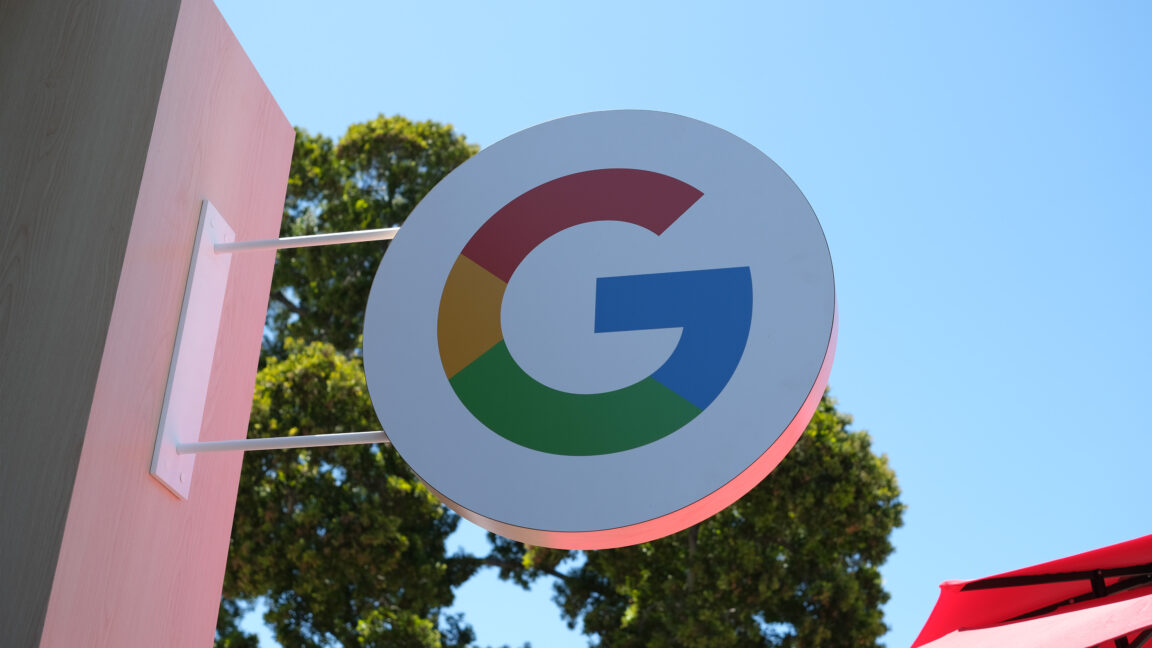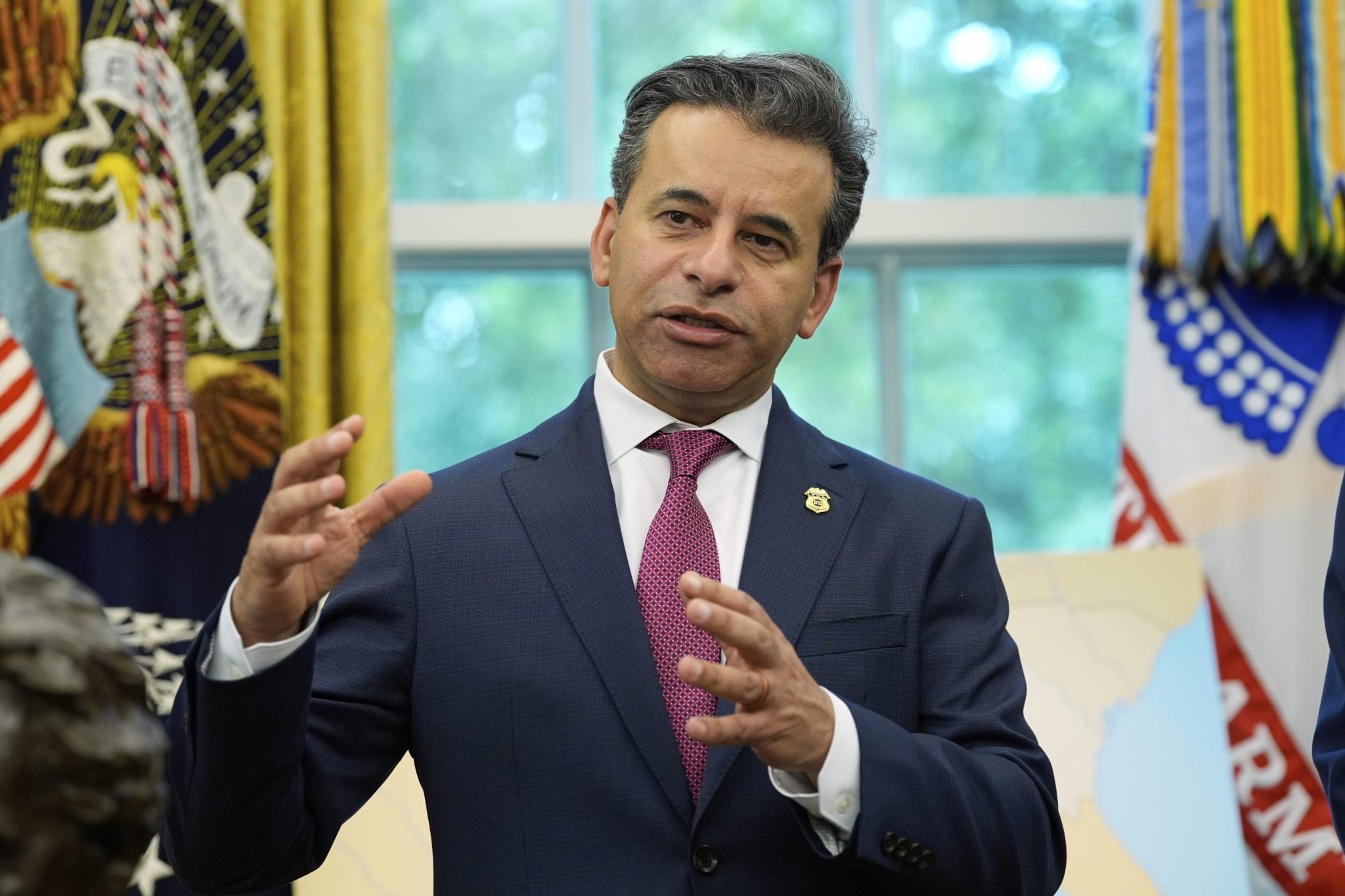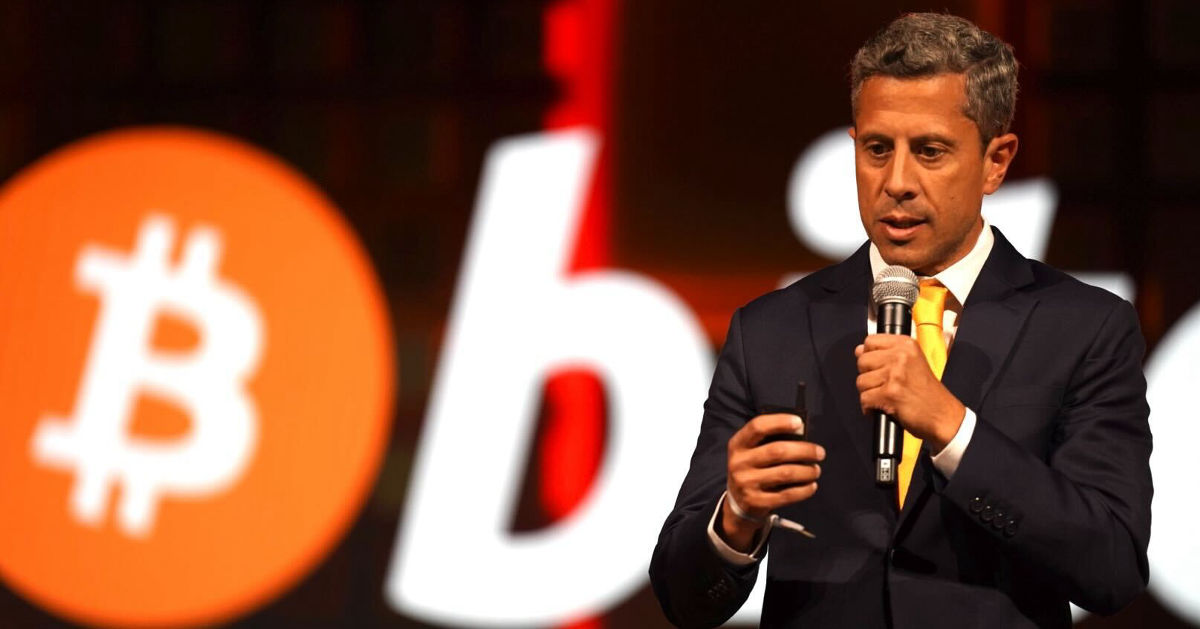Powell laid down the law on Fed independence when he met with Trump, but the president didn’t seem to get the message
Powell laid down the law to Trump on the Fed's independence decision-making, but Trump doesn't seem to be getting the message.

- Federal Reserve Chair Jerome Powell met with President Trump and firmly reiterated the Fed’s independence, emphasizing that monetary policy decisions are based solely on economic data, not political pressure. Despite Trump’s ongoing calls to lower interest rates and past threats to fire Powell, the Fed maintained its stance that its mandate is to support maximum employment and stable prices through non-political, data-driven analysis.
When Jerome Powell was summoned to the White House, he went with a clear message: Trump has no power over the Federal Open Market Committee.
In a rare statement issued yesterday, the Fed confirmed that chairman Powell had been invited to a meeting with Trump.
There was never any doubt about what the topic of discussion between the pair would be when they eventually did sit down.
Trump has continually lobbied the FOMC on the base rate, either to hold it steady ahead of the election (so as not to give the Biden camp any perceived advantage) or to slash rates as soon as he won the Oval Office.
The relationship between Powell and Trump in his second administration has been thorny, to say the least, with the president going as far as threatening to fire Powell, as well as giving him the nickname of ‘Too Late Powell.’
But in the meeting, which occurred yesterday, Powell attempted to set the record straight.
“Chair Powell did not discuss his expectations for monetary policy, except to stress that the path of policy will depend entirely on incoming economic information and what that means for the outlook,” the Fed said in a statement.
Whether or not the message landed is up for debate.
Following the meeting Trump also made his thoughts clear, with White House Press Secretary Karoline Leavitt telling reporters yesterday that Powell “is putting us at an economic disadvantage to China and other countries” by not lowering rates.
“The president’s been very vocal about that, both publicly and, now I can reveal, privately,” she added.
While Leavitt said the president had made it clear he believes Powell is making a “mistake,” he did not raise the issue of terminating the chairman’s tenure before its end in May 2026—a move which Powell has said would not be legal.
A non-political agency
Powell, who was nominated to lead the FOMC by Trump in his first term, has held a steady line in the face of criticism from the Oval Office.
When pressed time and again about Trump’s rhetoric that the FOMC should be lowering rates in order to stimulate the economy, Powell has insisted the decision-making process of the committee is based firmly in data and anecdotal evidence from each regional bank.
The will of Wall Street or the Oval Office does not factor into decisions over whether to cut, hike or hold the base rate—which currently sits at 4.25% to 4.5%.
While President Trump has accused Powell of being “political,” the chairman’s rebuke has been blunt.
“We’re a nonpolitical agency,” he told reporters last summer. “We don’t want to be involved in politics in any way.”
And this line was again reiterated this week, with the Fed adding in its statement: “Chair Powell said that he and his colleagues on the FOMC will set monetary policy, as required by law, to support maximum employment and stable prices and will make those decisions based solely on careful, objective, and non-political analysis.”
The argument for an independent central bank is clear, and threats to the autonomy of its decision-making process has caused jitters in the markets in the past.
The FOMC is federally mandated to be independent of politics, so that the major economic lever in its arson—the base rate—is not used to achieve the aims of whoever sits in the White House. Instead, it is deployed to ensure the long-term health of the economy.
Instances in the past where the president has overly intervened have not worked out well—under President Nixon, for example—meaning markets are on heightened alert to any hint that Trump may truly threaten the independence of the Fed. This was displayed most clearly late last month, with the Dow Jones and S&P 500 tanked after the president threatened to oust Powell from his position.
24 hours later Trump retreated, telling media: “I have no intention of firing [Powell]. I would like to see him be a little more active in terms of of his idea to lower interest rates. This is a perfect time to lower interest rates. If he doesn’t is it the end? No, no it’s not, but it would be good timing.”
Regional Federal Reserve Bank Presidents have also unpacked the thinking for Fortune, with Chicago’s Austan Goolsbee explaining: “The Federal Reserve Act is set up precisely so that the Fed chair’s term is not on an election cycle. It’s not a normal political appointee.
“There’s a federal election in the United States every two years: Is the Fed gonna not do its job every second year because there’s an election?”
This story was originally featured on Fortune.com





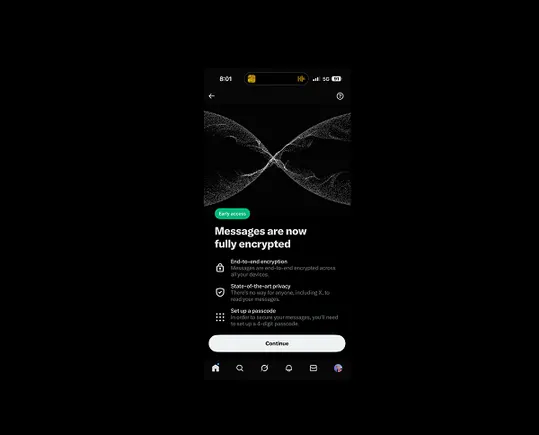








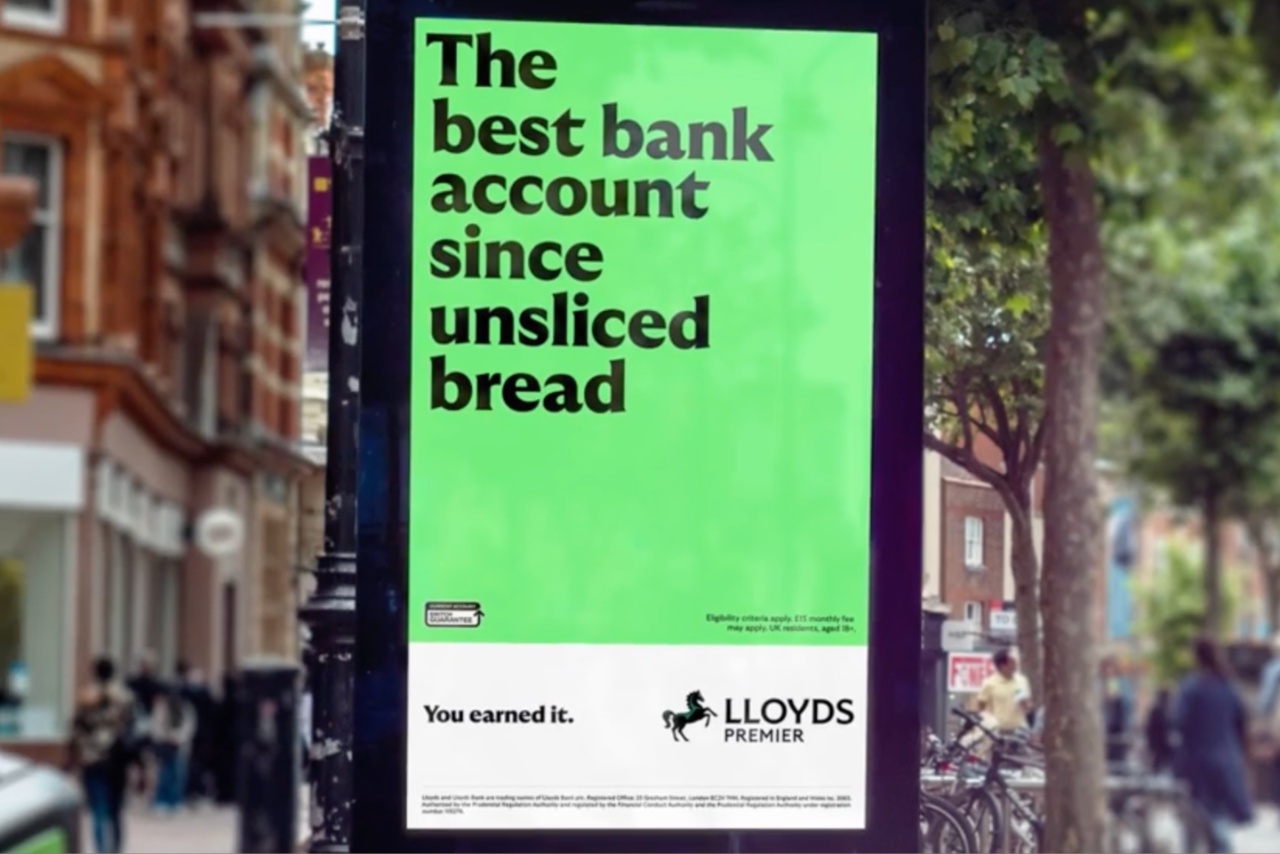


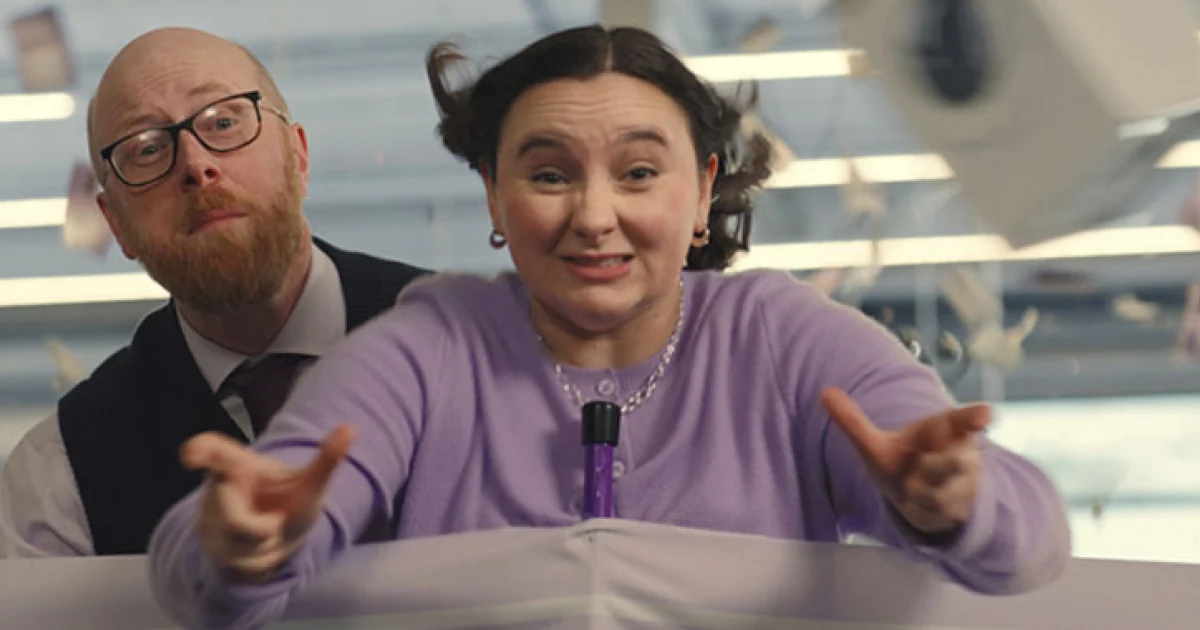












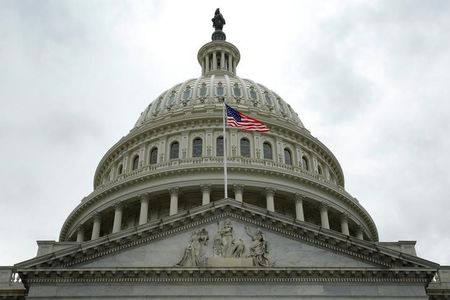
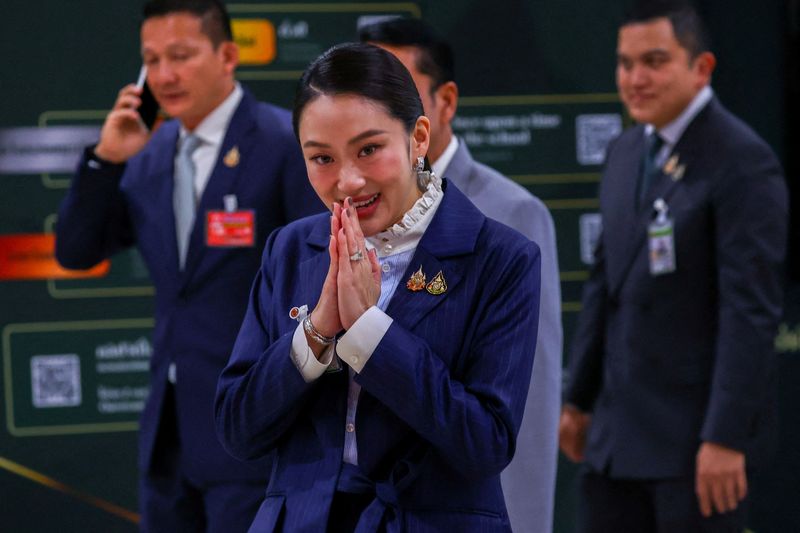





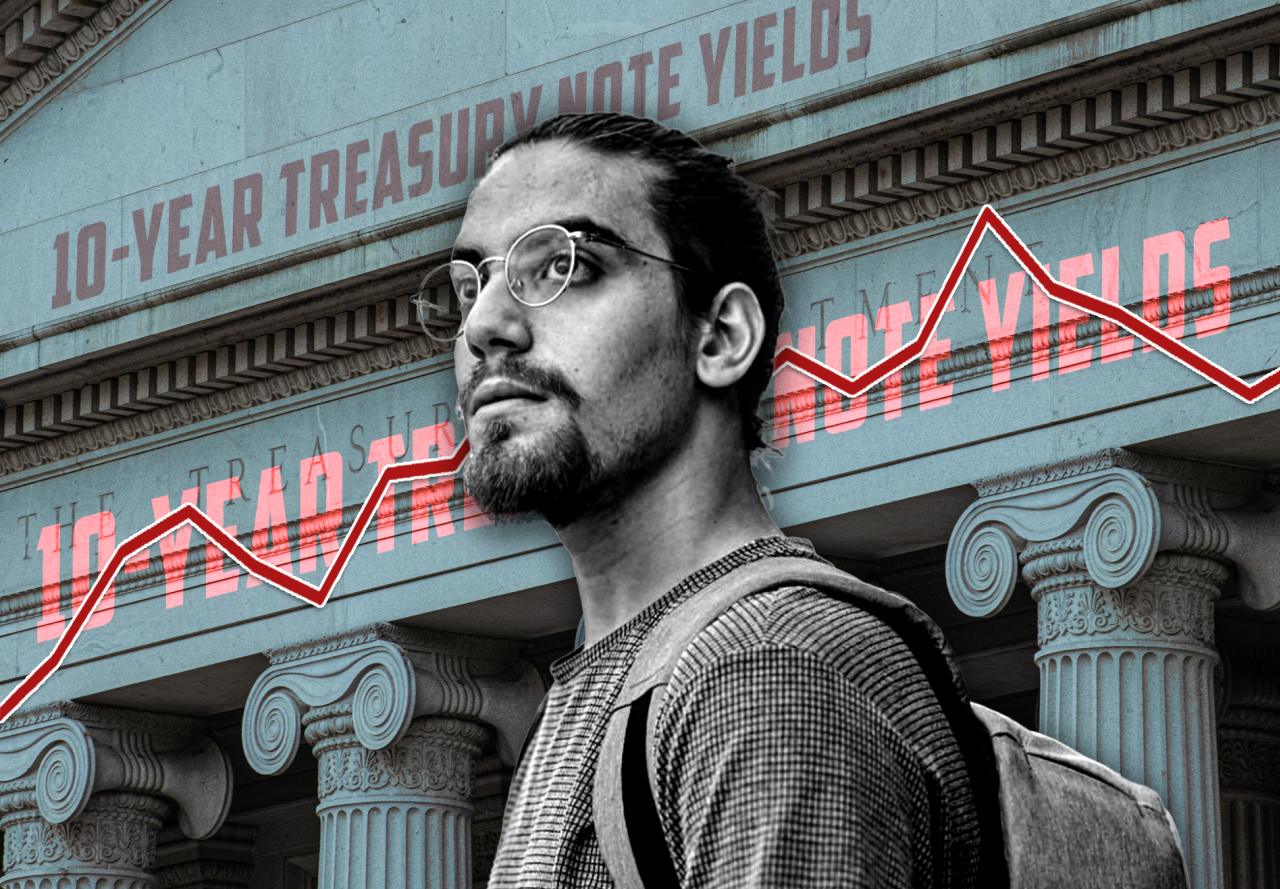


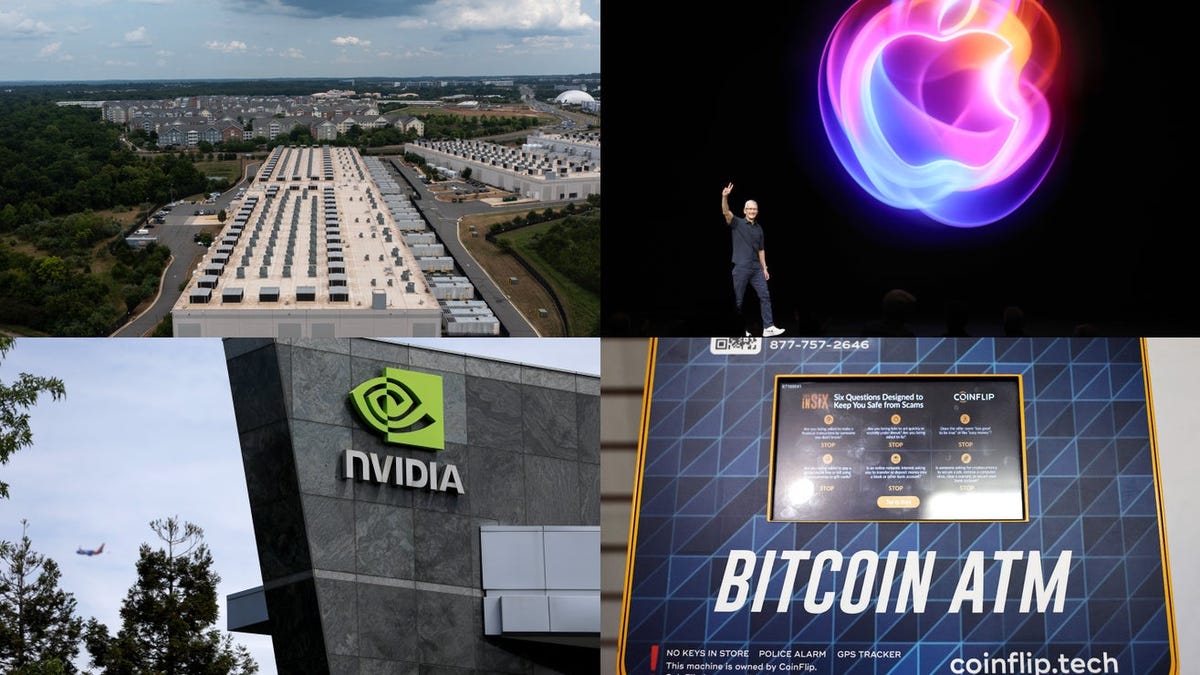
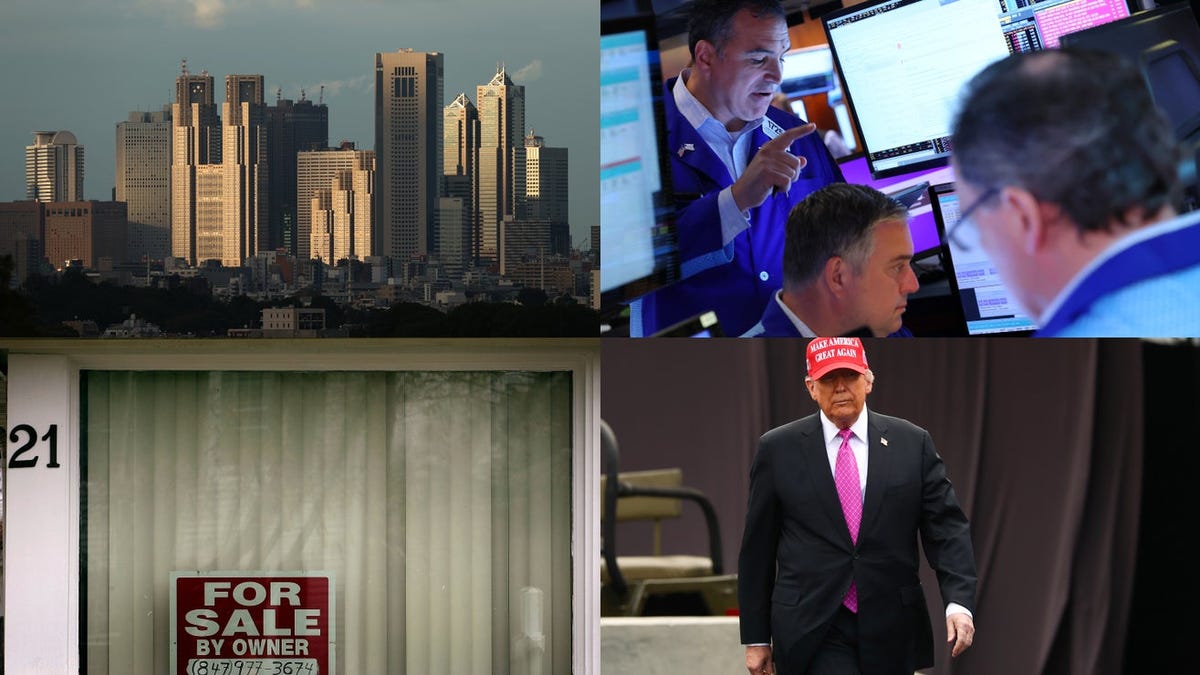










![[Weekly funding roundup May 24-30] Capital inflow continues to remain steady](https://images.yourstory.com/cs/2/220356402d6d11e9aa979329348d4c3e/Weekly-funding-1741961216560.jpg)





